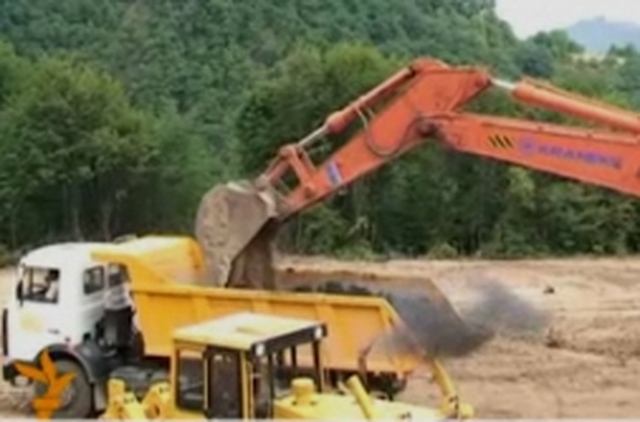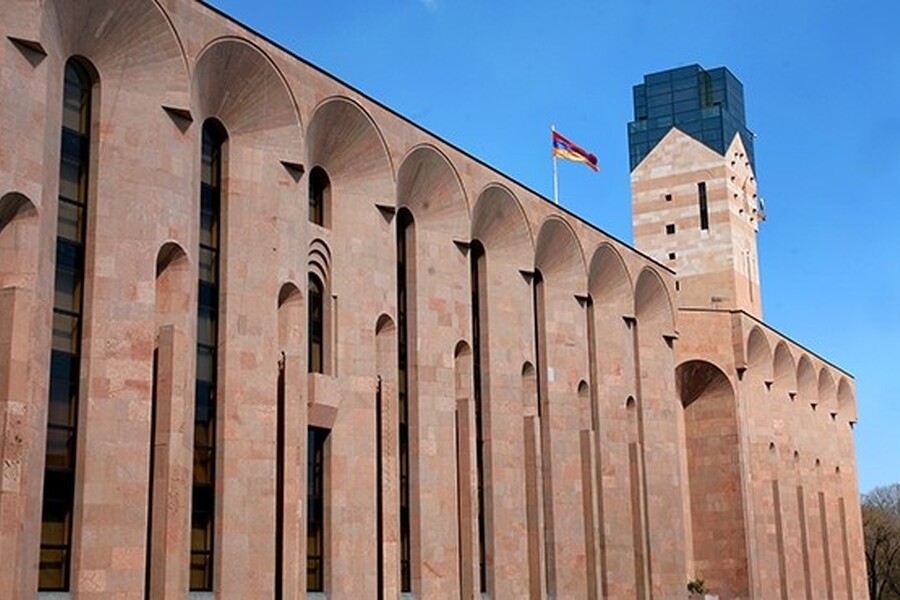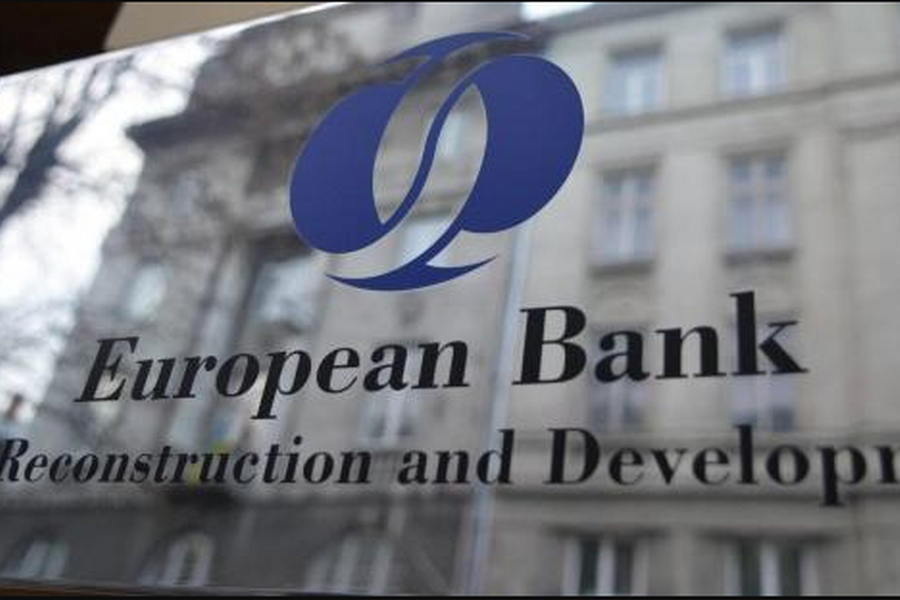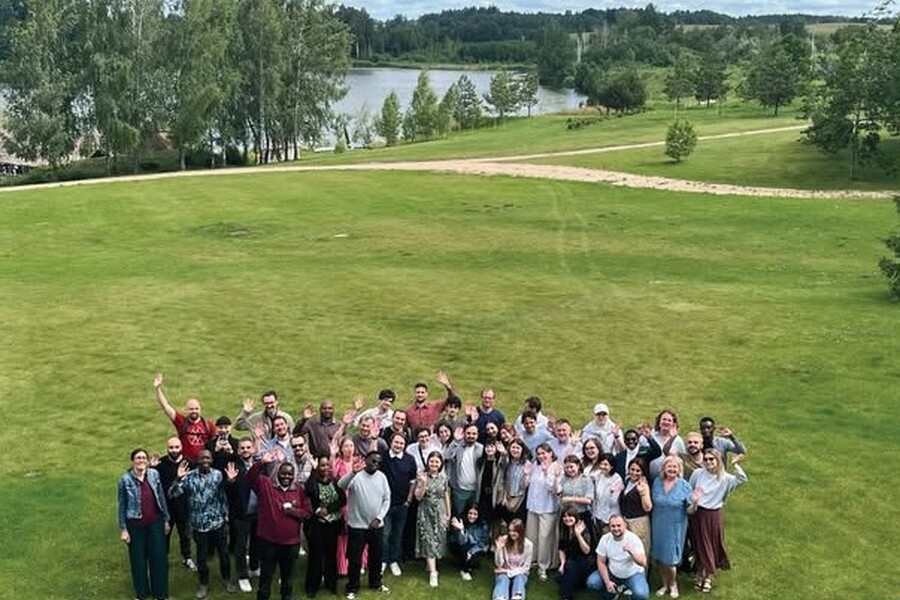Statement of Armenian and Georgian NGOs on the Environmental Safety of Teghut Mining Project
In November 2007, the Government of Armenia approved a project on copper-molybdenum mining in the north-eastern region of Armenia, in the watershed of Debed River, in the region with complex landscape prone to earthquakes and landslides. Allocated area for mining is 1,491 hectares, 82% of which is covered with mountainous forests. Exploitation of the mine will produce about 500 million tones of tailings of hazardous substances and 600 million tones of various other wastes. Dumping tails will be disposed in the gorge of Duqanadzor River, flowing to Shnogh - tributary of transboundary Debed.
Acknowledging that
- the mining project may result in the loss of several hundreds of hectares of mountain forests, drainage of water resources, soil erosion and destruction of entire ecosystems, including habitats of endangered plants and animals;
- in case of natural disasters or industrial accidents the dumping tails containing silver, rhenium, lead, arsenic, copper, molybdenum, zinc, sulfurous compounds and other chemicals will contaminate the nearby pristine valleys of Shnogh River and its tributaries, affecting food safety and human health;
asserting that
- environmental impact assessment report prepared by the mining company covered only the first 8 years of the project - without consideration of consequences within 50 years of project lifetime and beyond, account of emergency situations and risks in a transboundary context;
- positive environmental expertise conclusion issued by the Ministry of Nature Protection of Armenia failed to consider miscalculations of the environmental impacts and underestimation of ecosystem loss;
- decision-making processes related to Teghut mining fell short to ensure effective and timely public notification and participation in accordance with Armenia's obligations under UNECE Aarhus Convention on Access to Information, Public Participation in Decision-Making and Access to Justice in Environmental Matters;
- Government of Armenia did not take any step to identify tranboundary risks and enter in consultations with the Georgian authorities and the public in regard with its commitments under UNECE Espoo Convention on Environmental Impact Assessment in a Transboundary Context;
- Georgian Government did not recognize the transboundary risks and failed not only to ratify the UNECE Espoo Convention, but also to demonstrate responsible behaviour and make inquiries as a follow-up of alarms of the public concerned.
and concerned with that
- such irresponsible performance by the authorities of two countries may result in the regional environmental catastrophe, whereas the Republic of Armenia as a country of origin of will be obliged not only to remove damages within the boundaries of own territory, but also to compensate for the damage caused to the neighbouring countries;
We, the undersigned non-governmental organizations and individuals from Armenia and Georgia urge that
the Armenian authorities
- suspend Teghut mining project until reassessment of its environmental impacts;
- arrange for non-biased and comprehensive environmental impact assessment in accordance with international best practice;
- commence consultations with Georgian authorities and the public on the potential transboundary impacts of Teghut mining project.
the Georgian authorities
- ratify the Espoo Convention;
- engage in consultations with the Armenian authorities to identify likely environmental impacts in the transboundary context.
Armenia
1. "Transparency International Anti-corruption Center" NGO, Sona Ayvazyan, [email protected], [email protected]
2. "Ecoera"environmental NGO, Hrayr Savzyan, [email protected] 3. "Ecolur" information NGO, Inga Zarafyan, [email protected]
4. "Institute of Democracy and Human Rights" NGO, Arpine Galfayan, [email protected]
5. "Armenian Society for the Protection of Birds" NGO, Mamikon Ghasabyan, [email protected]
6. "Helsinki Citizens' Assembly Office in Vanadzor" NGO, Artur Sakunts, [email protected], [email protected]
7. "Journalists Club "Asparez" NGO, Levon Barseghyan, [email protected] 8. "We Plus" NGO, Nadezhda Hakobyan, [email protected]
9. "Arena for Education" NGO, Anahit Margaryan, [email protected] 10. "Helsinki Committee of Armenia"NGO, Avetik Ishkhanyan, [email protected]
11. "Center of Birdlovers" NGO, Silva Adamyan, [email protected]
12. "IKOMOS" international NGO, Gagik Sukhudyan, [email protected]
13. "Burg" environmental youth NGO, Arman Vermishyan, [email protected]
14. "Shogher" Union NGO, Hasmik Aslanyan, [email protected] 15. "Armenian Women for Health and Healthy Environment" NGO, Lilik Simonyan, [email protected]
16. "Eco-Sis" NGO, Kamo Safrazyan, [email protected]
17. "Ecological Academy" NGO, Greta Gabrielyan [email protected] 18. "St. Sandukht Women's Union" NGO, Artemis Lepejyan, [email protected]
19. "Armenian Forests" NGO, Nazeli Vardanyan, [email protected] 20. "ATP" Charitable Foundation (Armenia Tree Project), Areg [email protected]
21. ENPI/FLEG program, Luba Balyan, [email protected]
22. Yerevan Aarhus Center, Silva Ayvazyan, [email protected]
23. Stepanavan Aarhus Center, Manya Melikjanyan, [email protected]
24. Vanadzor Aarhus Center, Perch Bojukyan, [email protected]
25. Alaverdi Aarhus Center, Anush Evoyan, [email protected]
26. Teghut Defense Group, Maria Aghajanyan, [email protected]
Georgia
27. CEE Bankwatch Network, Manana Kochladze, [email protected]
28. Association Green Alternative, Nino Gujaraidze, [email protected]
29. Association for Civil Society Development of Georgia (ACSDG), Gulnara Shoshitaisvili, [email protected]
30. Global Water Partnership-Georgia, George Dzamukashvili, [email protected]
31. The Greens Movement of Georgia /Friends of the Earth, Nino Chkhobadze, [email protected], [email protected]





